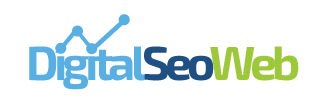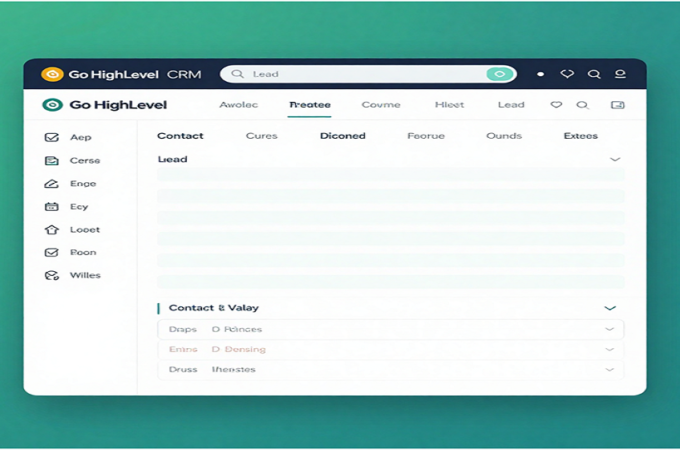
How a CMS for Media Companies Streamlines Digital Publishing
In today’s fast-paced digital landscape, media companies face the challenge of producing high-quality content consistently and distributing it effectively across multiple channels. From articles and videos to podcasts and social media updates, managing all types of content manually can be overwhelming. That’s why implementing a specialized cms for media companies is essential for efficient operations and successful digital publishing.
A media-focused CMS enables organizations to manage content seamlessly, collaborate effectively, and maintain a consistent brand presence. In this article, we’ll explore the benefits of using a CMS for media companies, the key features to look for, and best practices for implementation.
Why Media Companies Need a Dedicated CMS
Standard website platforms often lack the functionality required by media organizations. A dedicated CMS provides:
- Centralized Content Management – Organize articles, videos, images, and other media in one platform.
- Optimized Workflows – Automate approvals, scheduling, and editorial notifications to prevent bottlenecks.
- Multi-Channel Distribution – Publish content across websites, apps, newsletters, and social media simultaneously.
- Analytics and Insights – Monitor audience engagement, traffic, and content performance to refine strategies.
By adopting a specialized CMS, media teams can focus on creating quality content rather than being bogged down by repetitive tasks or technical issues.
Essential Features of a Media-Focused CMS
When selecting a CMS for a media company, consider the following features:
- Ease of Use
The platform should allow editors, writers, and contributors to create and manage content without requiring advanced technical skills.
- Scalability
The CMS must be able to handle growing content volumes, increasing traffic, and larger teams as the company expands.
- Workflow Automation
Customizable workflows enable automated approvals, task assignments, and content scheduling to maintain efficiency and editorial standards.
- Integration Capabilities
The CMS should integrate seamlessly with analytics tools, marketing platforms, social media, and other essential software.
- Security and Compliance
Robust security features protect sensitive content, and compliance tools ensure adherence to data privacy regulations.
Benefits of Using a CMS for Media Companies
A dedicated CMS provides multiple advantages:
- Enhanced Efficiency – Automated workflows reduce repetitive tasks and accelerate publishing.
- Improved Collaboration – Team members can work together in real time, even remotely.
- Consistency Across Platforms – Templates and style guides maintain uniform branding.
- Faster Publishing – Schedule and distribute content across multiple channels instantly.
- Data-Driven Insights – Analytics help optimize editorial strategies and audience engagement.
These benefits ensure media companies can produce high-quality content efficiently while minimizing errors and operational delays.
Popular CMS Options
Several CMS platforms cater specifically to media companies, offering advanced publishing workflows, multi-channel capabilities, and analytics integration. Selecting a solution that matches your organization’s workflow, content volume, and growth plans ensures efficiency and scalability.
Best Practices for Implementation
To maximize the benefits of a CMS, follow these steps:
- Assess Needs – Understand current workflows, content volume, and future growth projections.
- Choose the Right Platform – Compare features, pricing, and scalability options.
- Train Your Team – Ensure editors, writers, and contributors can use the system effectively.
- Plan Content Migration – Transfer existing content carefully to avoid data loss or downtime.
- Monitor Performance – Use analytics and team feedback to continually optimize workflows and strategies.
A structured implementation plan ensures smooth adoption and long-term value.
Final Thoughts
A modern cms for media companies is more than just a tool—it is the backbone of efficient content management. By centralizing content, automating workflows, and providing actionable insights, a media-focused CMS empowers organizations to deliver high-quality content consistently and effectively.





